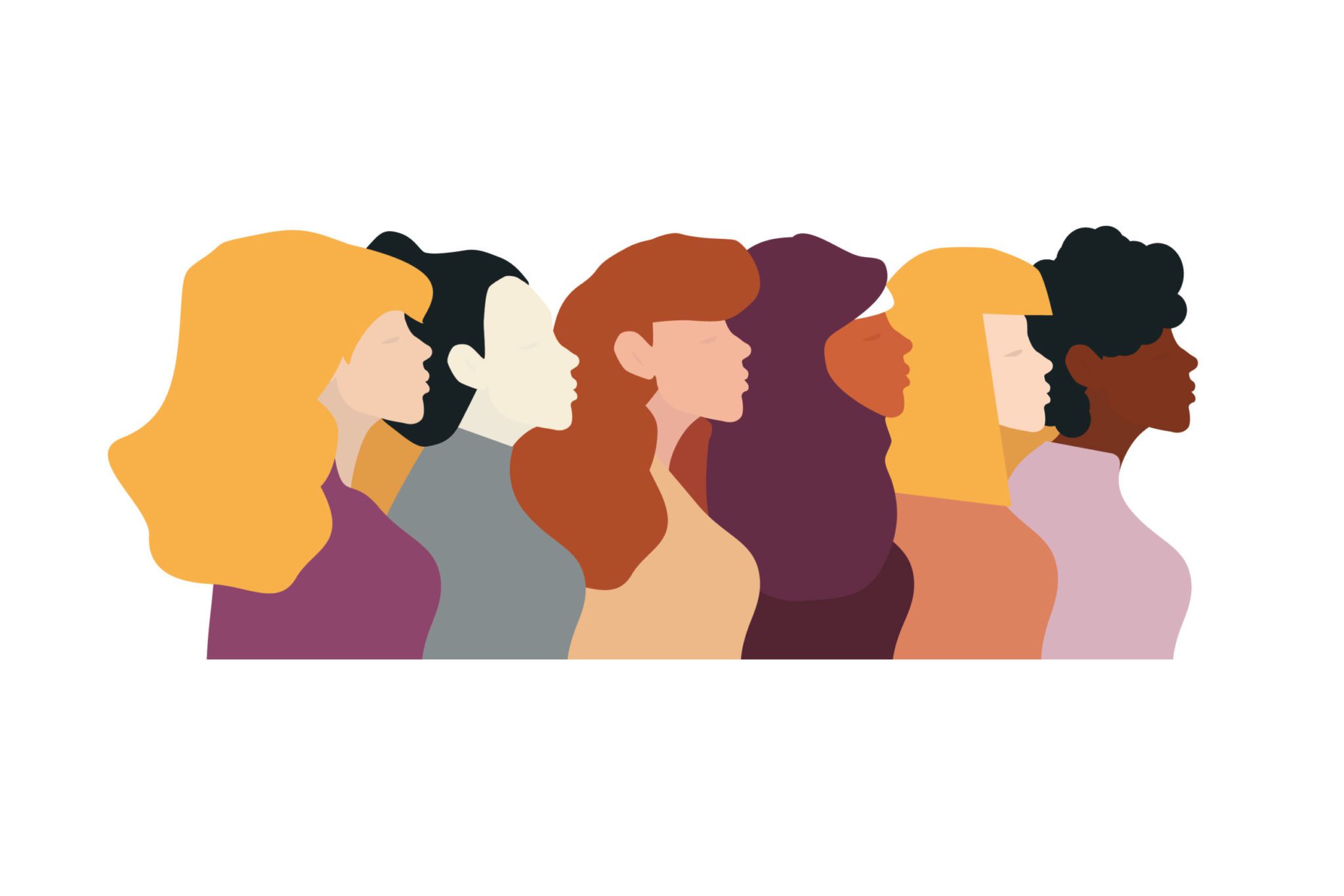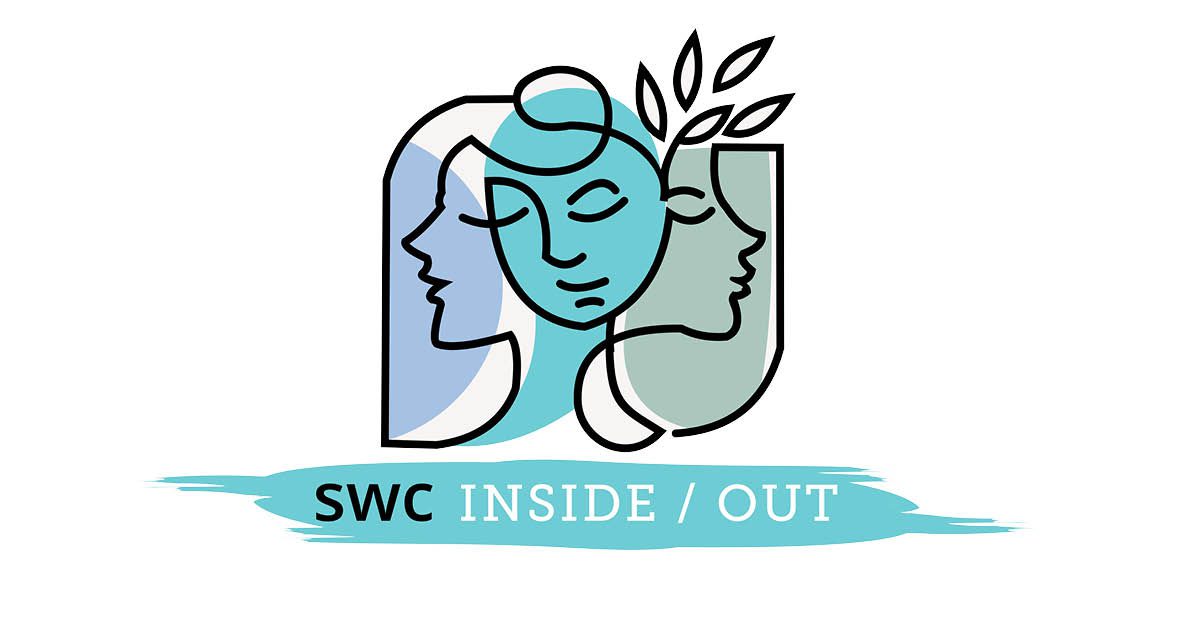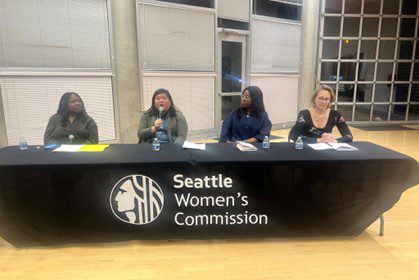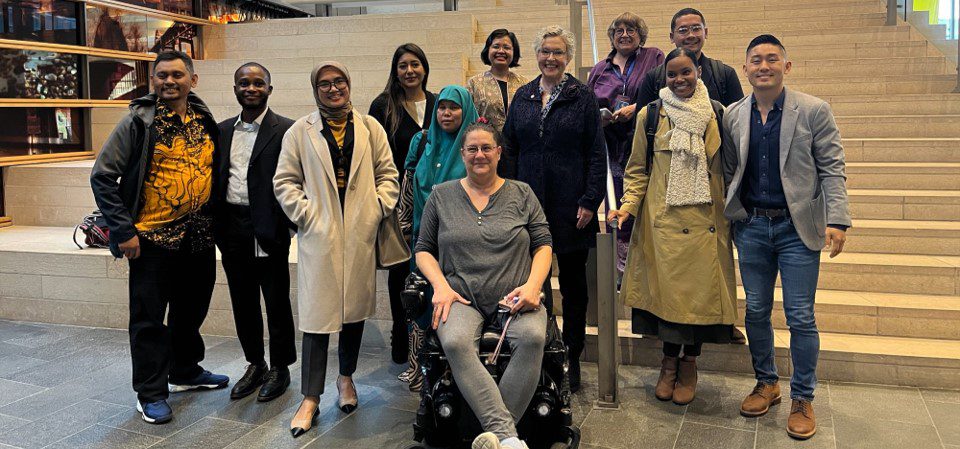
By Seattle Women’s Commission
As we find ourselves in the center of National Women’s Health Week, we reflect on the difficulty of this past year in not only our physical health, but also our mental health. With this week falling into the space of Mental Health Awareness month, it’s made us acutely aware of the laborious spaces that women fall into when it comes to caring for our health.
With COVID-19, we saw an increase in job losses that particularly affected women, and most often women of color; we saw difficulties in balancing work, life, and family, as home became work, school, and resting place all-in-one; we saw access to sexual and reproductive health dwindle, while exponential rises in domestic violence created health and safety crises; and we opened our eyes to the healthcare disparities that exist for Black, Indigenous, and women of color.
This year has taken its toll, but women are resilient. Our resilience is reflected in the way that we take care of ourselves — that self-care is not merely face masks and bath bombs, but rather digging down deep into the recesses of our being and nurturing our emotions, our strength, our bodies, and our minds.
On this National Women’s Health Week, we as the Seattle Women’s Commission want to share with you about what this week means to us.
Whitney: Connection
I don’t consider my health in isolation. I gain strength and solace being in community. I know that healing from collective trauma means caring for our communities; it means nurturing connection and recentering culture. To me, being healthy also means spending time outside.
For many, the COVID-19 pandemic has reinforced awareness of the numerous mental, physical, and social benefits of being outside. I also know that people experience outdoor spaces differently. As a woman of color, I am acutely aware of the many ways the harassment, misogyny and violence I’ve experienced is racialized. Over the past year, there’s been increased reporting and media coverage of discrimination, particularly anti-Asian hate crimes and violence towards Black, Indigenous and people of color. It is not lost on me that many of the people who can most benefit from healing and joyful outdoor experiences are the ones who experience the most significant barriers to accessing those spaces, and are the least likely to feel (or to be) safe, represented or included.
This National Women’s Health Week, I am reminded of our interconnectedness. Resilience is an ecosystem, and I know that my wellbeing is dependent on my reciprocal relationships with others and with nature.
Jamilah: Black Women’s Health
While there is a week in April to recognize Black Women’s Health week, I think it’s important to take the time to recognize it again during National Women’s Health Week.
Black women and women of color experience health disparities due to systemic racism and inequities. We’ve all seen the articles about Black women going to the doctor expressing concern, only to be sent back home or have their concerns dismissed or downplayed. In the worst of these cases, they die.
We must address our healthcare system and the root causes of these disparities.
Chelise: Whole Body Health
For me, being healthy applies to physical and mental health. When I am feeling healthy, I am usually drinking enough water, getting good sleep, eating healthy, exercising regularly (even if it is just walking around outside), and minimizing screen time. To nurture the other parts of me, I journal, engage with my friends socially, read, and make time to work hard and time to decompress.


